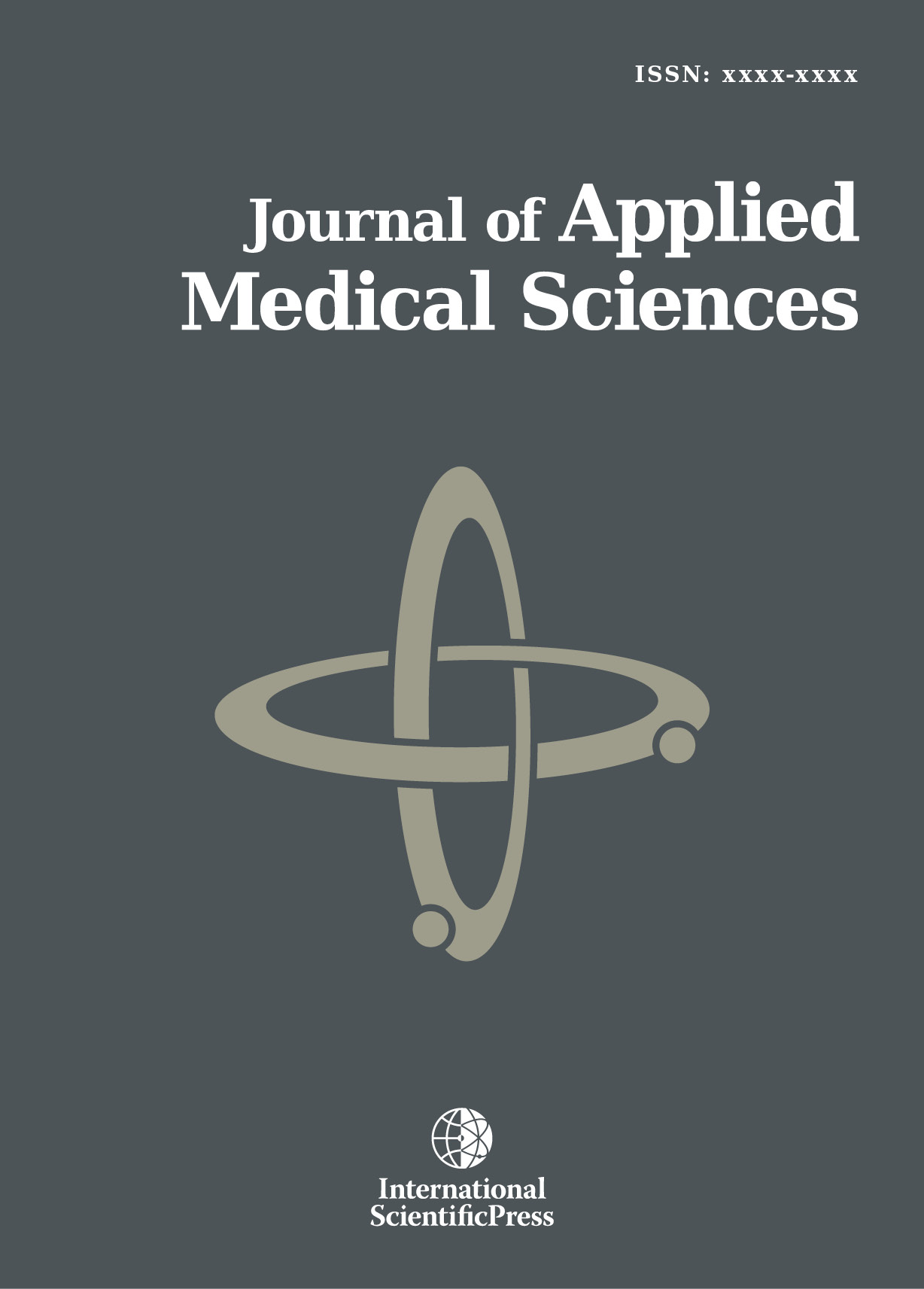Journal of Applied Medical Sciences
Methylene Blue does not Inhibit Capillary Blood Flow increase in Crush Injury
-
 [ Download ]
[ Download ]
- Times downloaded: 10253
-
Abstract
Background: Nitric oxide (NO) plays a central role in increasing capillary blood flow in muscles following crush injury. It activates soluble guanylate cyclase, which increases cyclic guanosine monophosphate (cGMP) production, thereby inducing smooth muscle relaxation and vasodilatation. The objective of this study was to evaluate the effect of methylene blue (MB), a guanylate cyclase inhibitor, on inhibition of nitric-oxide induced capillary blood flow increase in limbs injured by crush injury in a rat model. Materials and Methods: A standard crush injury was induced in rat hind limbs with and without intraperitoneal injection of MB. Capillary blood flow was measured in the crushed muscle. Results: Following crush, muscle capillary blood flow increased by 3-4 fold (P<0.001). This effect was observed only in limbs that underwent crush. Capillary blood flow in contralateral limbs was not affected. Intraperitoneal injection of MB did not affect either the enhanced capillary blood flow observed in crushed limbs or the capillary blood flow in the contralateral limb. Conclusion: Intraperitoneal injection of MB did not attenuate the increase in capillary blood flow observed in crushed limbs. The role of cGMP-dependent cGMP-independent mechanisms leading to vasodilatation and increased blood flow in muscles following crush injury should be further investigated.
